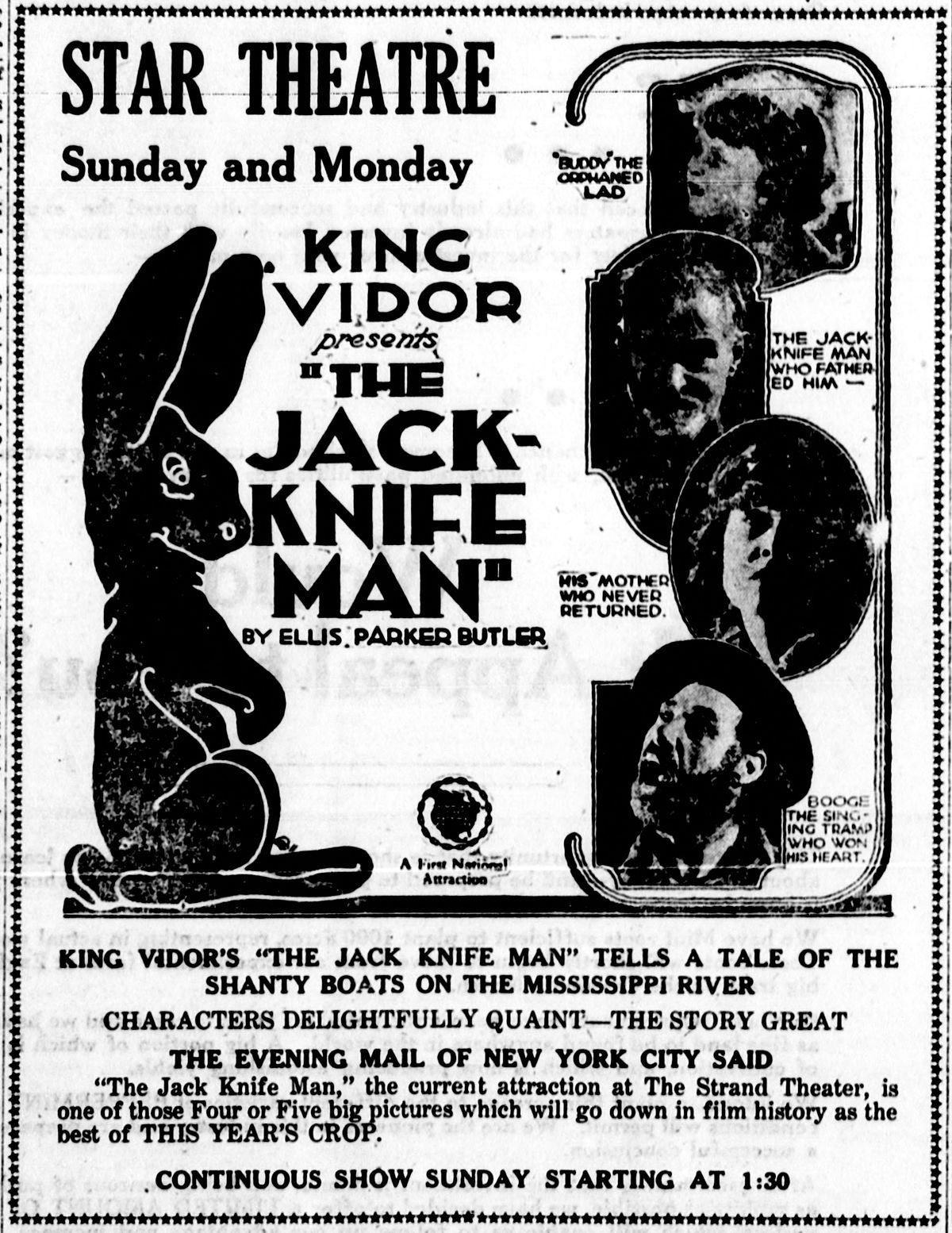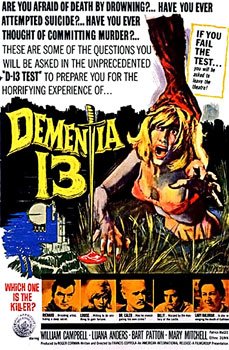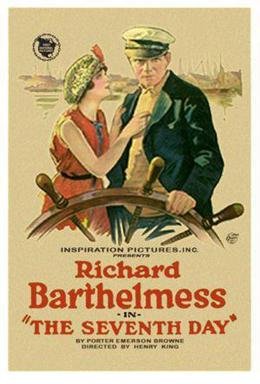Jon Gartenberg to Present King Vidor, Henry King, and Francis Ford Coppola Films At MoMA As Part of Adrienne Mancia Tribute
/On Wednesday, November 29th, 2023, at 1pm, GME President Jon Gartenberg will introduce King Vidor’s THE JACK-KNIFE MAN (1920) and Henry King’s THE SEVENTH DAY (1922) at the Museum of Modern Art, as part of their Adrienne Mancia tribute, which runs from November through December 2023.
Gartenberg was a close friend and colleague of Mancia’s and worked with her in MoMA’s film department in the 1970s and ‘80s. During this time, Mancia helped revolutionize the job of the film curator by cultivating cutting-edge programs that highlighted international, independent, and experimental filmmakers, as well as little-seen cinematic and archival treasures from around the globe. Mancia was also a major proponent of unearthing important relics from film history and, as noted by Gartenberg, “celebrat[ing] American directors of a bygone era who had worked within the Hollywood studio system.” THE JACK-KNIFE MAN and THE SEVENTH DAY are among those Hollywood relics Mancia championed.
Gartenberg elaborates on Vidor’s and King’s film in his program notes for this screening:
Both King Vidor and Henry King — the subjects of MoMA retrospectives in 1972 and 1979, respectively — began making films in the 1910s. These retrospectives helped to shed light on the significance of many of these long-neglected movies at a time when the era of film preservation was beginning to take hold… Vidor’s THE JACK-KNIFE MAN is centered on a dying mother who, not wanting her son to go to an orphanage, leaves him with a poor riverboat man, who carves wooden toys with a jack-knife for the young boy. Travails and plot twists eventually lead to a happy ending. Vidor frequently addressed social issues in his films, and THE JACK-KNIFE MAN presents both a sympathetic portrait of impoverished people living on shanty boats along the Mississippi River in the 1920s and a critique of child rescue societies. The film advocates for self-help and redemption, consistent with Vidor’s ‘Creed and Pledge,’ published in Variety, which was a manifesto of his social and artistic ideals… [Meanwhile] King became known as a proficient director whose work cut across many genres… According to noted film historian Peter von Bagh, King’s ‘early routine works were dominated by a touchingly naïve sense of American happiness: illusions but also wishes fulfilled.’ THE SEVENTH DAY (1922) highlights class distinctions between high society, in the guise of young, wealthy New Yorkers on a yachting vacation in New England, and the local youth of a Maine fishing village. The class divides are bridged at the end of the film, when love overcomes all.
Watch an excerpt from THE SEVENTH DAY below:
Also on November 29th, at 6pm, Gartenberg will present Francis Ford Coppola’s directorial debut, the horror film DEMENTIA 13 (1963). In lieu of the original theatrical edit, MoMA will screen Coppola’s Director’s Cut.
Mancia was an advocate of progressive “New Hollywood” filmmakers like Coppola who, in the late ‘60s and early ‘70s, usurped the moral and aesthetic traditions (and limitations) of the studio system by producing thematically and stylistically challenging work influenced by European cinema, the American avant-garde, and the countercultural ethos of the era at large. Part of Mancia’s advocacy of these filmmakers was seeking out their first works (often made for low-budget producers like Roger Corman and production companies like American International Pictures) in order to chart the trajectory of their careers and connect their early influences and artistic developments to the later works that brought them mainstream fame. Mancia noted: “It’s extraordinary to see how many filmmakers, writers, and actors — now often referred to as ‘the New Hollywood’ — took their first creative steps at American International…. AIP was a good training ground; you had to work quickly and economically. Low budgets can force you to find fresh resources.”
In his program notes, Gartenberg writes of Coppola’s film:
Francis Ford Coppola was one of the most promising and prominent directors to emerge from the studio [American International Pictures] under the tutelage of Roger Corman. Coppola worked as a sound technician on Corman’s THE YOUNG RACERS (1963). With money left over from the budget for that film, Corman gave Coppola the opportunity to remain in Ireland to write and direct a low-budget feature, which became DEMENTIA 13. Influenced by Alfred Hitchcock’s PSYCHO, the film centers around siblings vying for their mother’s estate. Filmed in black-and-white, it combines family drama, murder mystery, and gothic horror, replete with drownings in a lake, an ax murderer, and a corpse in a meat locker — all more akin to the shock value of drive-in movies of the era. DEMENTIA 13 opened on the bottom of a double bill with X: THE MAN WITH THE X-RAY EYES (produced and directed by Corman). Despite mixed reviews, DEMENTIA 13 opened up a path for Coppola’s future as a pre-eminent American filmmaker. This version of DEMENTIA is the director’s cut, restored by Coppola in 2017 through his production company, American Zoetrope.
Below, you can view the official trailer for the Director’s Cut of DEMENTIA 13:




